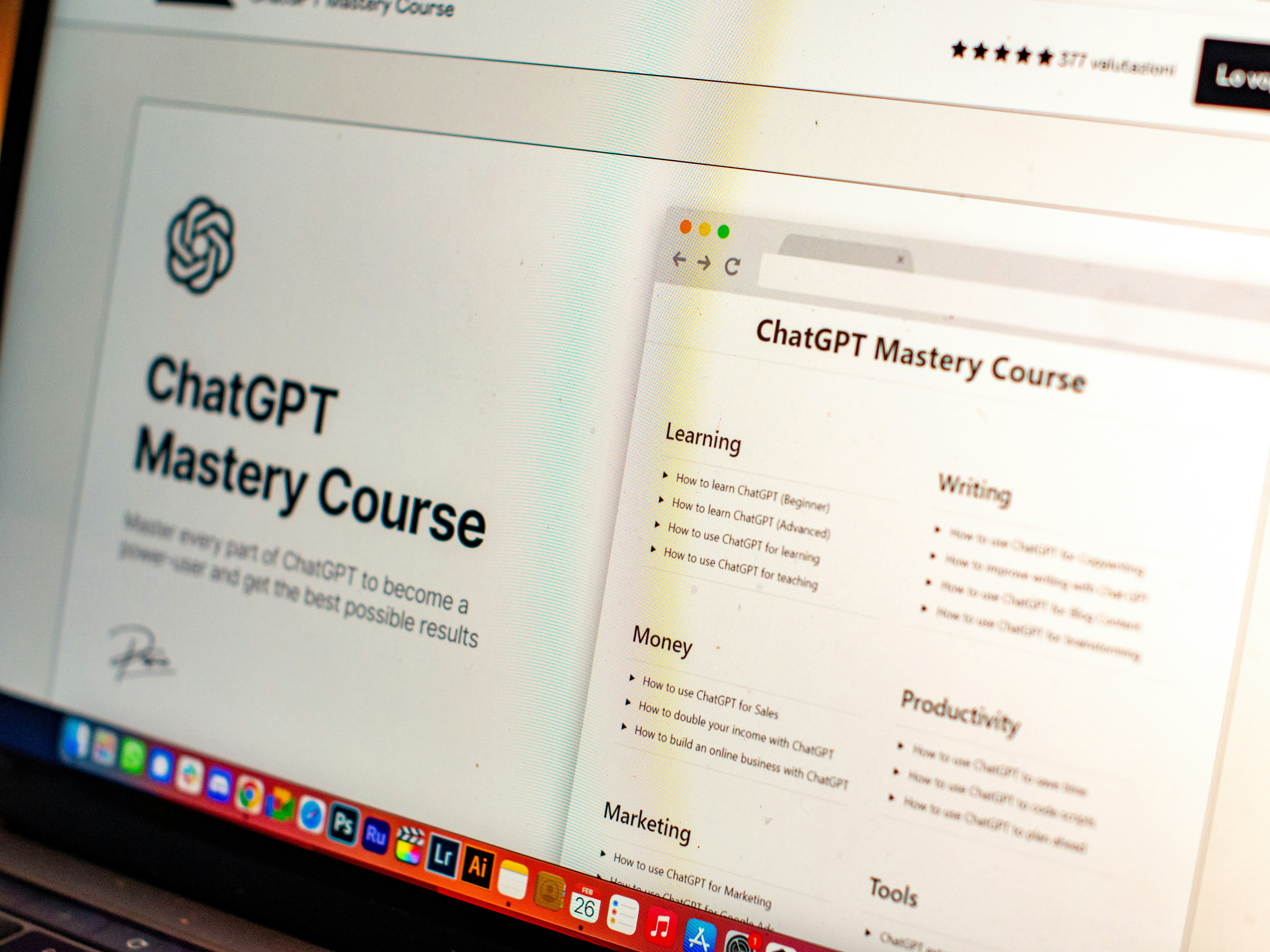Mentorship Matters: How to Find and Benefit from a Career Mentor

Mentorship plays a pivotal role in shaping careers, serving as a cornerstone for personal and professional development. In an increasingly competitive job market, having a mentor can provide significant advantages, helping individuals navigate the complexities of their careers. One of the primary benefits of mentorship is access to industry insights and best practices. A mentor with experience in a particular field can offer invaluable knowledge that is not typically found in textbooks or online resources, enabling mentees to gain a deeper understanding of their chosen industry.
Additionally, personalized guidance from a mentor can be immensely beneficial. Mentors take the time to understand their mentee’s strengths, weaknesses, and aspirations, providing tailored advice that addresses specific challenges. This level of customization can lead to improved decision-making and skill development, as mentees are more likely to focus on areas that align with their career goals. Furthermore, mentors can help identify opportunities for professional growth, offering suggestions on how to enhance skills relevant to the industry.
Enhancing professional networks is yet another significant advantage of having a mentor. Mentors often have extensive connections within their industry and can introduce their mentees to key individuals who may play a role in career advancement. These networking opportunities can lead to internships, job offers, or collaborations that might not have been accessible otherwise.
Moreover, mentorship fosters increased confidence in one’s abilities. As mentees receive constructive feedback and encouragement from their mentors, they grow more self-assured in their skills and decisions. For instance, many successful professionals cite mentor relationships as critical to their career advancement, illustrating the powerful impact mentorship can have on building a strong foundation for future successes.
How to Identify Your Mentorship Needs
Identifying your mentorship needs is a critical first step in establishing a productive mentor-mentee relationship. It begins with a comprehensive assessment of your career goals. Take the time to consider where you currently stand in your professional journey and where you aspire to go. This can involve asking yourself several key questions: What are my short-term and long-term career objectives? What challenges and obstacles am I facing in my current role? What specific skills or knowledge do I need to acquire in order to advance?
Once you have reflected on your career aspirations, it is essential to pinpoint specific areas for growth that a mentor could assist you with. Consider aspects such as navigating workplace dynamics, developing leadership qualities, or enhancing technical competencies that are vital to your field. Make a list of the areas that you believe would benefit most from mentorship and prioritize them according to your immediate needs and future aspirations.
Furthermore, self-reflection is imperative in this process. Engage in honest introspection to evaluate your strengths and weaknesses. Understanding your current capabilities can help you articulate what you expect from a mentor. By identifying your learning style and preferred mentoring approach, you can seek a mentor who aligns with your unique needs. This clarity also aids in setting clear objectives for the mentorship, ensuring the focus remains sharp throughout the relationship.
Finally, remember to document your thoughts and insights. Writing down your goals and the specific areas where you require guidance can serve as a valuable reference point. This practice not only organizes your thoughts but also allows you to track your progress and adjustments over time. By undertaking these steps, you will lay a strong foundation for a meaningful mentorship experience that fosters your professional growth.
Finding the Right Mentor
Identifying a suitable mentor is a critical step in personal and professional development. One effective approach is to leverage your existing professional networks. Start by evaluating connections within your workplace, academic environment, or industry associations. Engaging colleagues, supervisors, or even alumni may lead to fruitful discussions about mentoring opportunities. These individuals are likely to understand your career objectives and can provide invaluable insights aligned with your goals.
Social media platforms, particularly LinkedIn, present another avenue for connecting with potential mentors. By using this platform, you can research industry leaders and professionals whose career trajectories resonate with you. When reaching out, personalize your message by emphasizing your admiration for their work and your desire to learn from their experience. A well-crafted message can significantly increase your chances of receiving a positive response.
Attending industry events, such as conferences, seminars, and workshops, provides an excellent occasion to meet potential mentors in person. Actively participating in these gatherings allows you to engage in meaningful conversations, showcase your enthusiasm, and express your aspirations. It is essential to prepare in advance by formulating questions that demonstrate your interest and to be open to advice. Additionally, consider networking with industry experts during community outreach programs or volunteer activities relevant to your field, as they often yield connections that are both impactful and genuine.
Once you identify a potential mentor, approach them with clear intentions. Begin by expressing your admiration for their contributions to the field and articulate what you hope to gain from the mentoring relationship. Building rapport is crucial; therefore, establish a comfortable dialogue that emphasizes mutual interests and aligns with your values. A mentor-mentee relationship thrives on trust and shared aspirations, laying the foundation for a fruitful professional journey.
Maximizing the Mentor-Mentee Relationship
Developing a successful mentor-mentee relationship is a vital aspect of career advancement. Effective communication forms the cornerstone of this relationship. Mentees should articulate their aspirations, challenges, and feedback openly to their mentors. In turn, mentors should provide constructive criticism and insights that reflect their extensive experience. Regular check-ins, whether through email or scheduled meetings, can foster a consistent dialogue and strengthen the connection.
Setting clear, achievable goals is another fundamental part of this partnership. Mentees need to define what they hope to gain from the relationship and create a plan for how to achieve those objectives. This may involve identifying specific skills to develop or milestones to reach in their career journey. Mentors can assist by providing resources, sharing strategies, and offering industry knowledge to guide their mentees effectively toward these goals.
Moreover, providing feedback is crucial for honing the mentoring experience. Mentees should not shy away from seeking feedback on their progress, while mentors should be open to receiving insights on their mentoring style. Such exchanges enhance understanding and foster a respectful relationship, guaranteeing that both parties can grow and learn from one another.
It is equally important to respect the mentor’s time and expertise. Mentors are often juggling various commitments, and being mindful of this ensures that the relationship remains productive. Mentees can prepare for meetings with specific questions or topics to discuss, thus making the most of the limited time available.
Utilizing the advice received effectively is paramount. Mentees should strive to implement the insights provided by their mentors in real-world situations, thereby enriching their professional development. Showing appreciation through follow-ups and updates on progress not only strengthens the bond but also supports the broader mentoring community. By recognizing the value of mentorship, we collectively contribute to a culture of support and knowledge sharing that benefits everyone involved.
Recommend0 recommendationsPublished in Career Advice





Responses